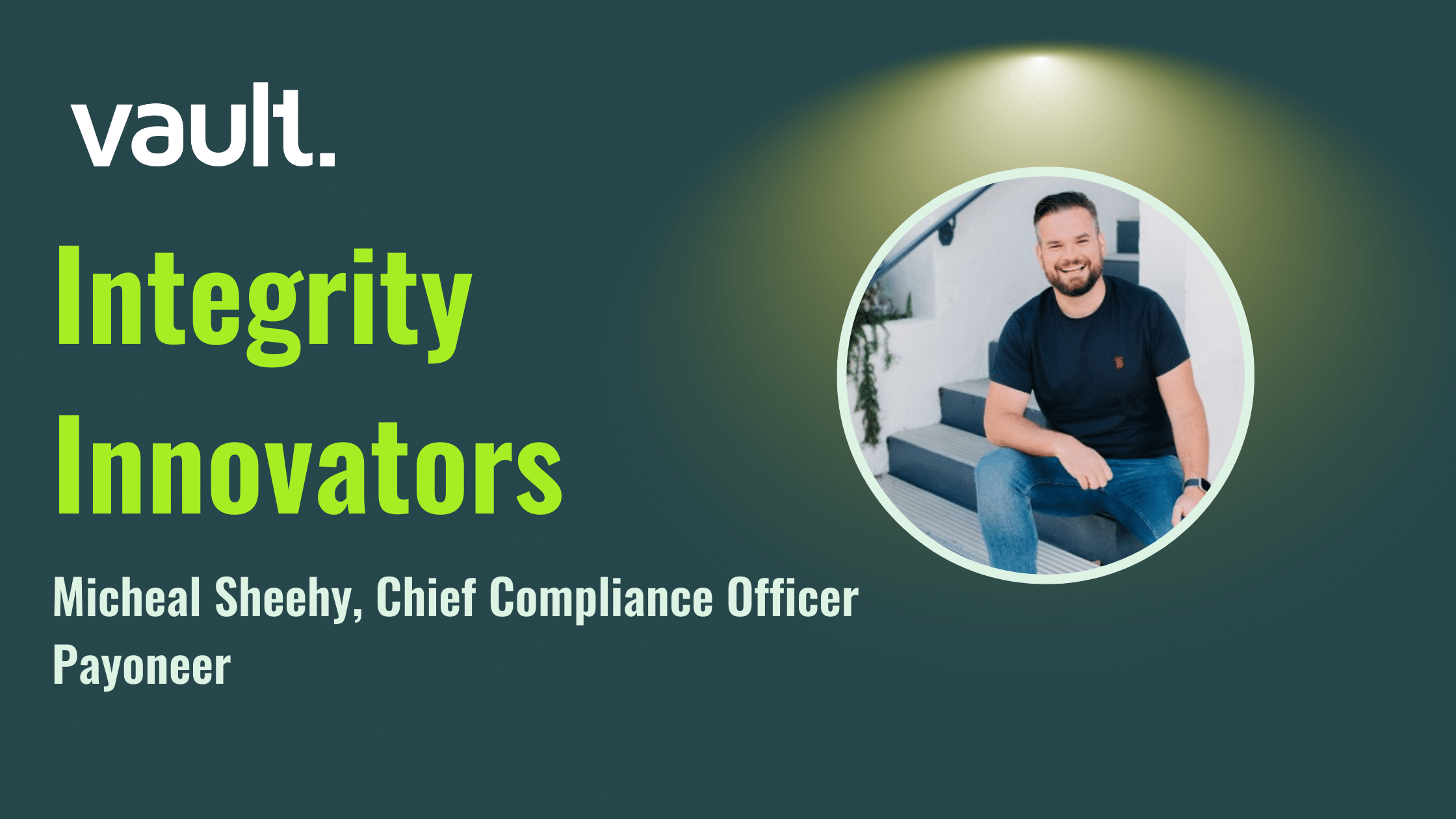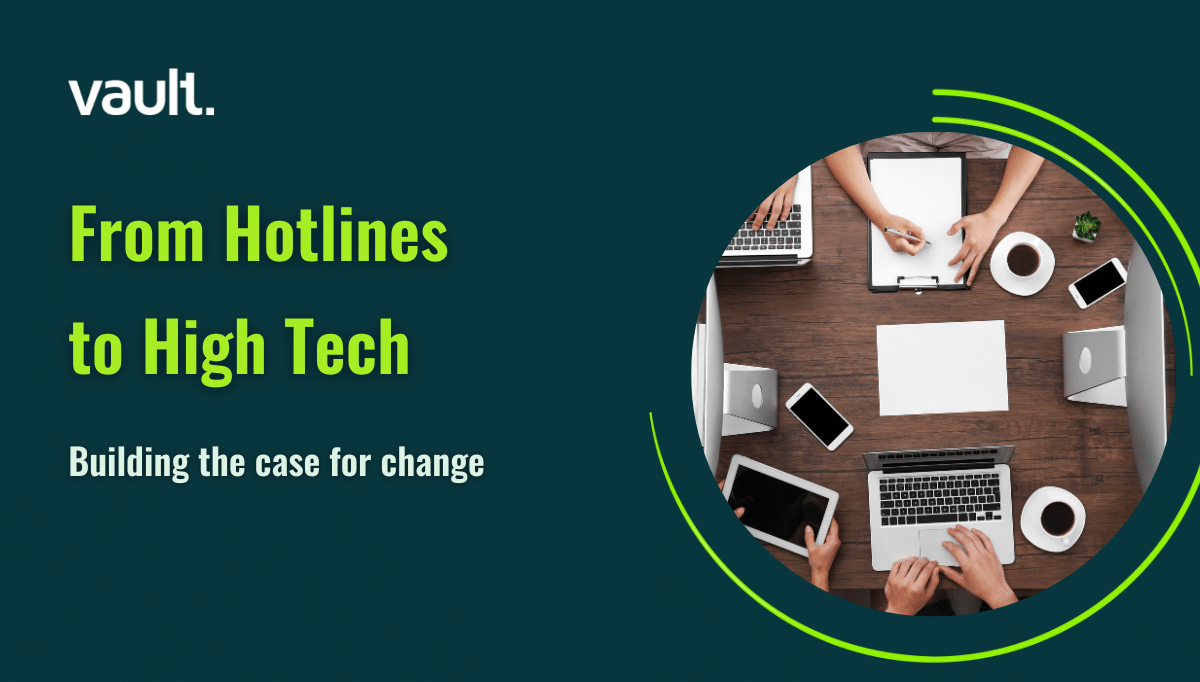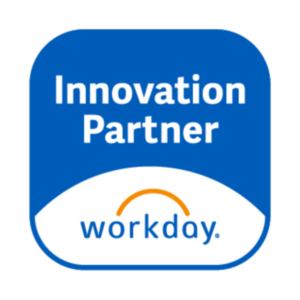80% of enterprises expect to see a rise in workplace activism, according to the 2019 Future of Work report by Herbert Smith Freehills.
Social media has become something in between a courtroom and gladiatorial arena for organizations and individuals accused of misbehaviour. It’s not much of an embellishment to suggest that a single accusatory tweet can wipe millions off a company’s stock price and it’s certainly true that mass walkouts organized on Twitter and Facebook can stop a company in its tracks, disrupting both productivity and the organizational hierarchy.
Worker activism, amplified and coordinated on an ad hoc basis through social media and consumer technologies is a phenomenon that’s set to grow and understandably has many organizations feeling nervous.
What’s more is that these channels are increasingly being protected. In the US, expansions to the National Labor Relations Act (Section 7), give employees the right to act together for their mutual benefit, even those who are not unionised. This makes public fora like social media a place where employees can air their grievances and benefit from safety in numbers.
So what’s the impact of this on workplaces?
Clearly there is the potential damage to brand, reputation, and shareholder value, which then affects customers and clients. But this has a knock on effect for current workers and potential recruits. With employment at a record high there is a fight for talent that is difficult to win with a damaged employer brand.
High costs in the courtroom
- In 2016, Fox News Channel agreed $20m to settle a lawsuit filed by former broadcaster Gretchen Carlson against former Fox News CEO Roger Ailes.
- In 2012, a federal jury awarded surgical aid Ani Chopourian $168m against Catholic Healthcare West when she alleged termination for filling harassment complaints.
- In 2011, Ashley Alford, an employee at retail chain Aaron’s Rents alleged sexual harassment by her manager and won a $95m federal court verdict in an EEOC case.
From #TimesUp to listen up
In the UK at least, however, there is an increased focus on the root cause of cultures of silence. In mid-January UK Government body the Equality and Human Rights Commission (EHRC) released guidance for employers on dealing with harassment in the workplace.
Vault Platform was one of the organisations invited to comment on the document during its production in 2019. The EHRC identifies “a lack of appropriate reporting procedures” as a key factor in the under-reporting of workplace harassment and encourages companies to look at the implementation of more effective reporting tools.
Where do we go from here?
It’s clear that ineffective internal reporting mechanisms are stimulating this trend for employees to seek their own platforms for speaking up and there is still a prevalent stigma around the acknowledgement of negative aspects of organizational culture.
A change in the generational makeup of many organizations may hold the key. It’s well noted that one of the characteristics of the Millennial generation is a drive to work for an employer whose values reflect their own.
If an organization is to avoid public allegations of hypocrisy it must not only be forthright about its values but must also take care to uphold them.
Read the full issue of our Vault Magazine: The Activism Issue




